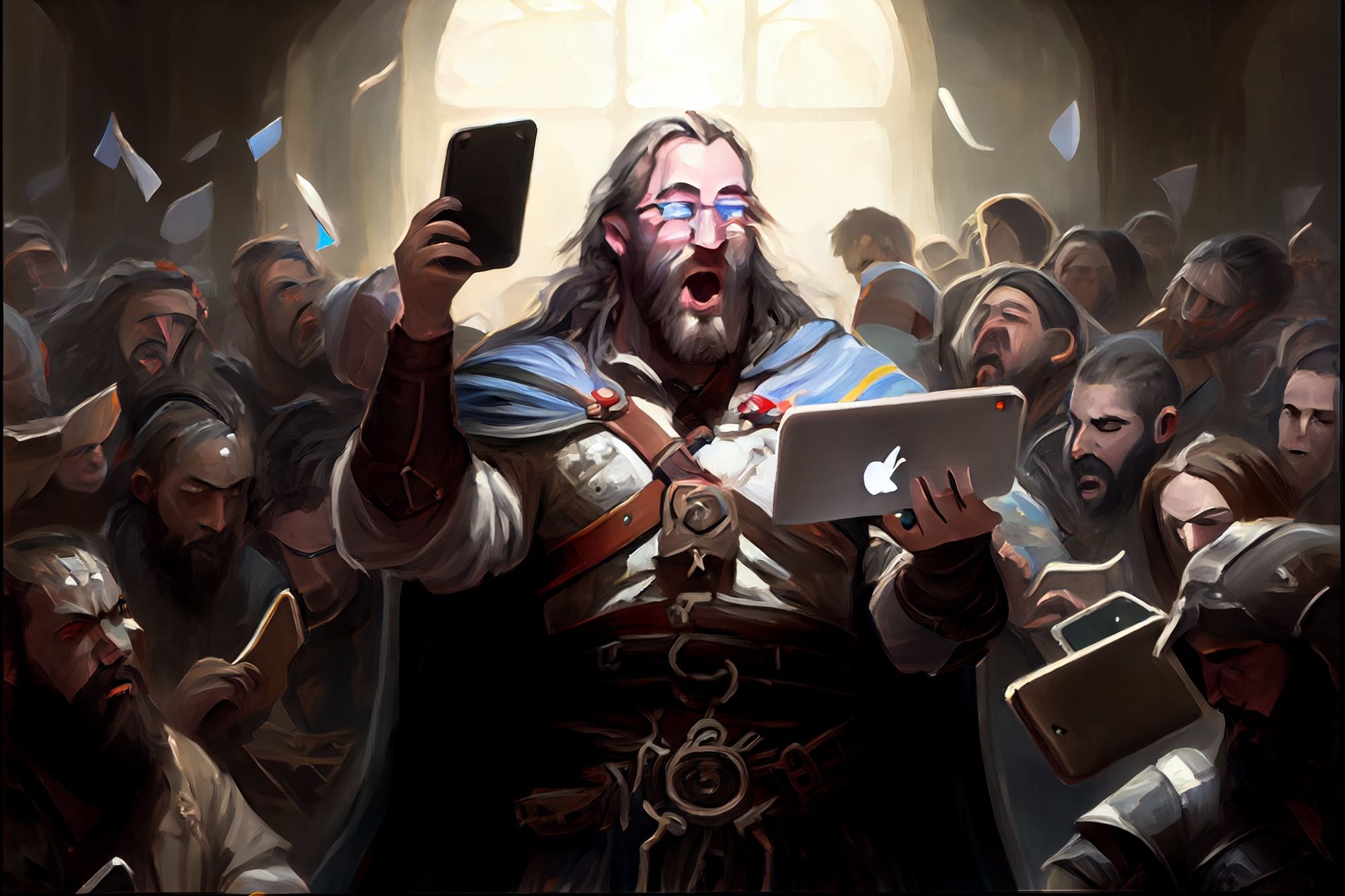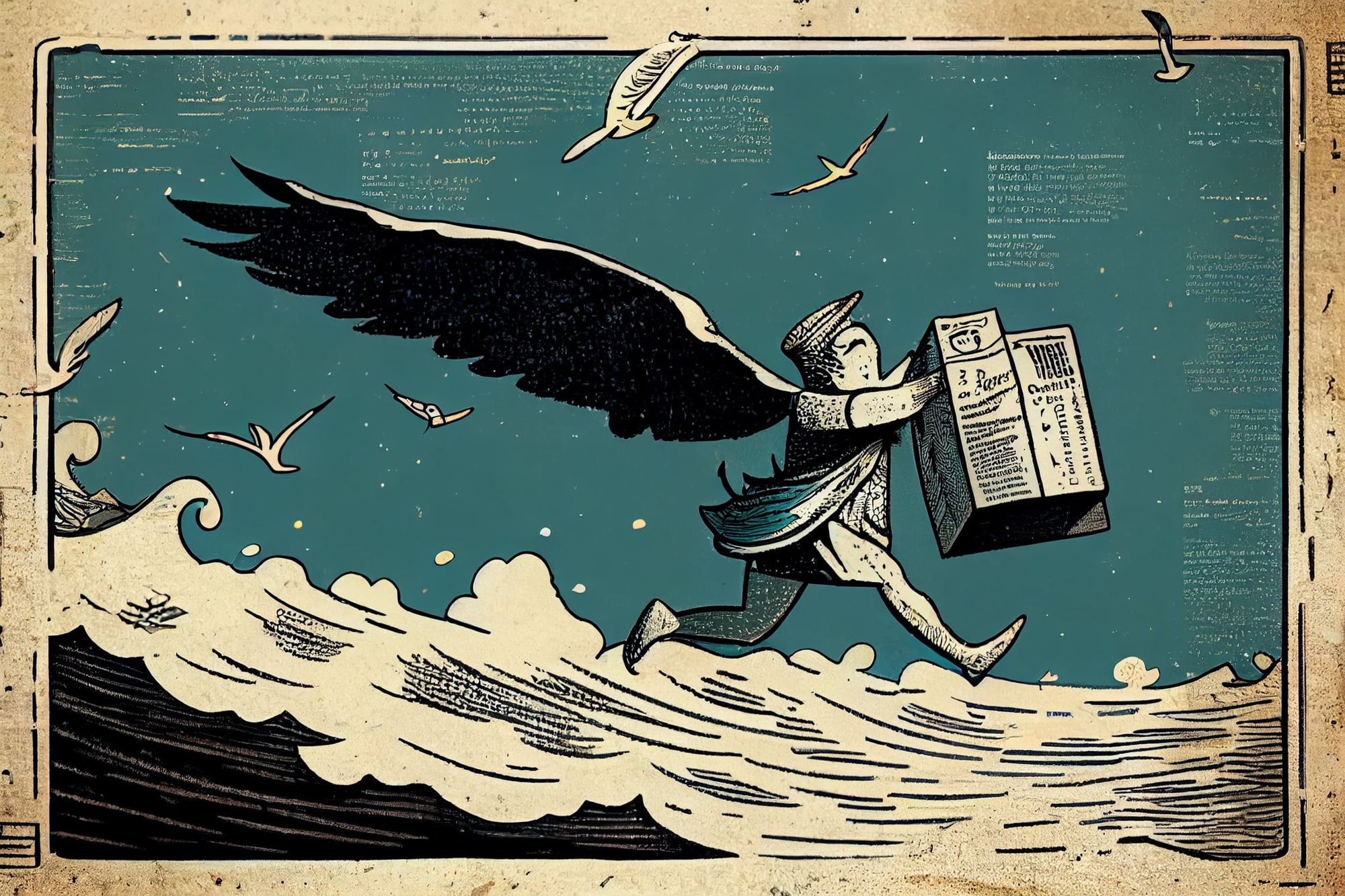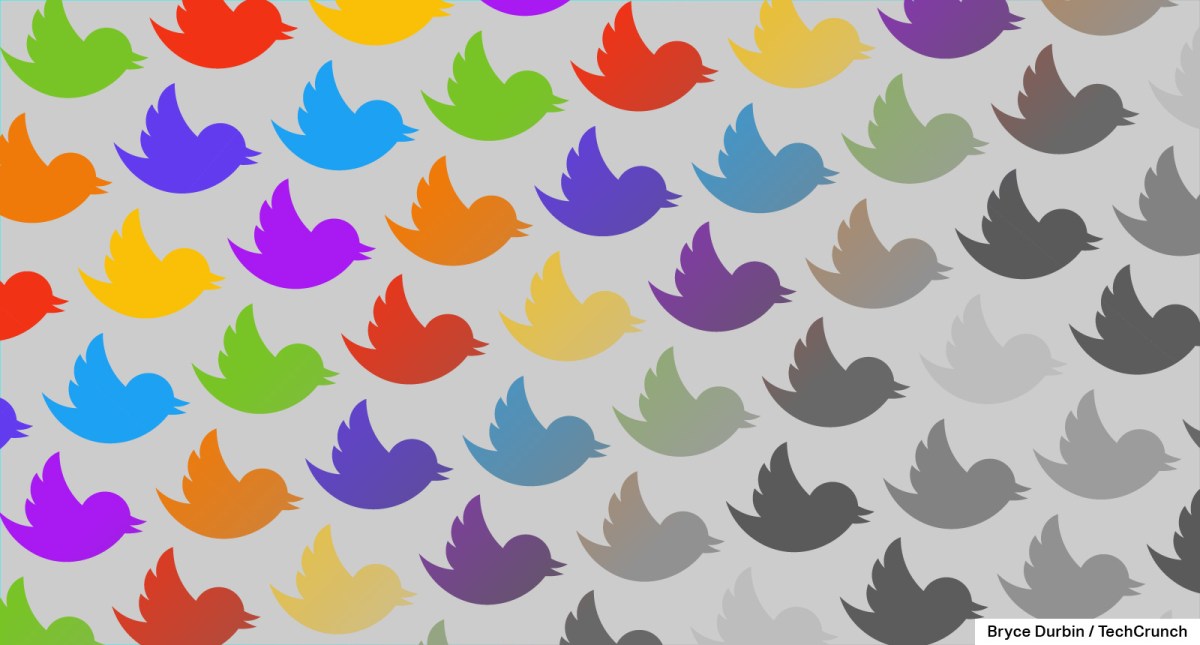
Google’s Bard sings a song to welcome the second age of search
Google is racing Microsoft to transform search with AI chat tools. What does this mean for your traffic?
Is chat-based generative AI a flash in the pan, or is it a transformative model of how we interact with information? Right now, both Google and Microsoft are betting on the latter — and that could change not just SEO, but how we acquire readers generally.
Hang tight, friends, there are some rough seas ahead.
Google brings a Bard to an AI fight
Google is moving rapidly to counter the threat of ChatGPT and develop its on AI-based chat interface for search. And it’s being called Bard, which is a nicely Google-esque geeky reference to either the dragon-slayer from The Hobbit or the D&D class…
This could well be one of those pivotal moments where something changes fundamentally. In the 11 years I’ve been training and consulting on SEO, there’s only been one “changes everything” shift, which was the move from keywords to intent. That was subtle enough that few people noticed. This, though, opens the possibility of a whole new paradigm of search, something that’s more akin to a Star Trek character conversing with the computer than what we do now.
The existing AI in search
Much as Microsoft is doing with Bing and ChatGPT, Google is bringing AI-powered chat and results generation to search. It’s worth noting that there’s already a significant chunk of AI in Google Search, as Google CEO Sundar Pichai points out in the :
We have a long history of using AI to improve Search for billions of people. BERT, one of our first Transformer models, was revolutionary in understanding the intricacies of human language. Two years ago, we introduced MUM, which is 1,000 times more powerful than BERT and has next-level and multilingual understanding of information which can pick out key moments in videos and provide critical information, including crisis support, in more languages.
This is one of the reasons I warned against being too keyword-focused last month. This, though, is a step change because it’s not just back-end plumping, it actually influences how we use search.
Now, our newest AI technologies — like LaMDA, PaLM, Imagen and MusicLM — are building on this, creating entirely new ways to engage with information, from language and images to video and audio. We’re working to bring these latest AI advancements into our products, starting with Search.
The dawn of conversational search

LaMDA is at the heart of Bard, and is another conversational AI model. I’m just beginning to think we might start to see a bifurcation of search. On one side we’ll have the “I need an answer to this question” intents, which chat interfaces might be better for. On the other, we’ll have the “I require in-depth information” queries, which might suit a more traditional search model. Certainly, Pichai’s description of Bard in search makes it sound like something relevant to certain, challenging searches.
AI can be helpful in these moments, synthesizing insights for questions where there’s no one right answer. Soon, you’ll see AI-powered features in Search that distill complex information and multiple perspectives into easy-to-digest formats, so you can quickly understand the big picture and learn more from the web: whether that’s seeking out additional perspectives, like blogs from people who play both piano and guitar, or going deeper on a related topic, like steps to get started as a beginner. These new AI features will begin rolling out on Google Search soon.
That raises countless interesting questions, not least will Google attribute and link to the sources it’s synthesising from? That’s one of the current weaknesses of ChatGPT – you have no idea of the sources of the information. And that’s why errors in its output are so problematic. A sourcing model will not only increase trust, it might well drive some traffic, too.
Whatever happens, this will be a fascinating (read “challenging”) few years in the SEO universe. This is important enough to Google that it’s the CEO posting about it, not a product manager. If anything, it reminds me of that period in the late 90s, when suddenly the existing tech firms realised they had to integrate the internet into their products. Now it feels like AI has hit the same threshold.
A Global Reach

This is worth noting in passing: Reach has appointed editors for the US launch of the Mirror and the Express. The days of national newspapers are rapidly drawing to a close and the age of the truly international newspaper, defined by language, is coming.
That means more competition — and probably more casualties.

Quickies
- 📧 A useful list of six local newsletter strategies
- 👨🏼🏫 journalism.co.uk’s list of 30 newsletters every journalist should be subscribed to. Obviously, this newsletter isn’t on there because it’s for the most insightful, talented and wise journalists and creators, not everyone. 😉
- 🎙️Some useful thoughts on where Spotify’s going with its ad insertion tech for podcasts.
Twitter Watch
This Thursday was meant to be the day that some services that connect with Twitter stopped working, as the API goes paid. The problem? We don’t even have a price for the new access yet, although circa $100 per month has been suggested. And, just to confuse things further, the Muskrat suddenly tweeted this:
Responding to feedback, Twitter will enable a light, write-only API for bots providing good content that is free
— Elon Musk (@elonmusk) February 5, 2023
So, basically, who knows exactly what will happen on Thursday. I’d still put money on some things breaking, but let’s see.

Be careful when you “borrow”
A tip to other journalists - if you're going to copy someone's work, fact check it first
— Eleanor Langford (@eleanormia) February 2, 2023
I made the first calendar while still at PH, but put "railway workers" when I meant to put "transport workers" - the blue dot on Feb 2 refers to the Abellio bus strike pic.twitter.com/v1XT5csF80
Sign up for e-mail updates
Join the newsletter to receive the latest posts in your inbox.












